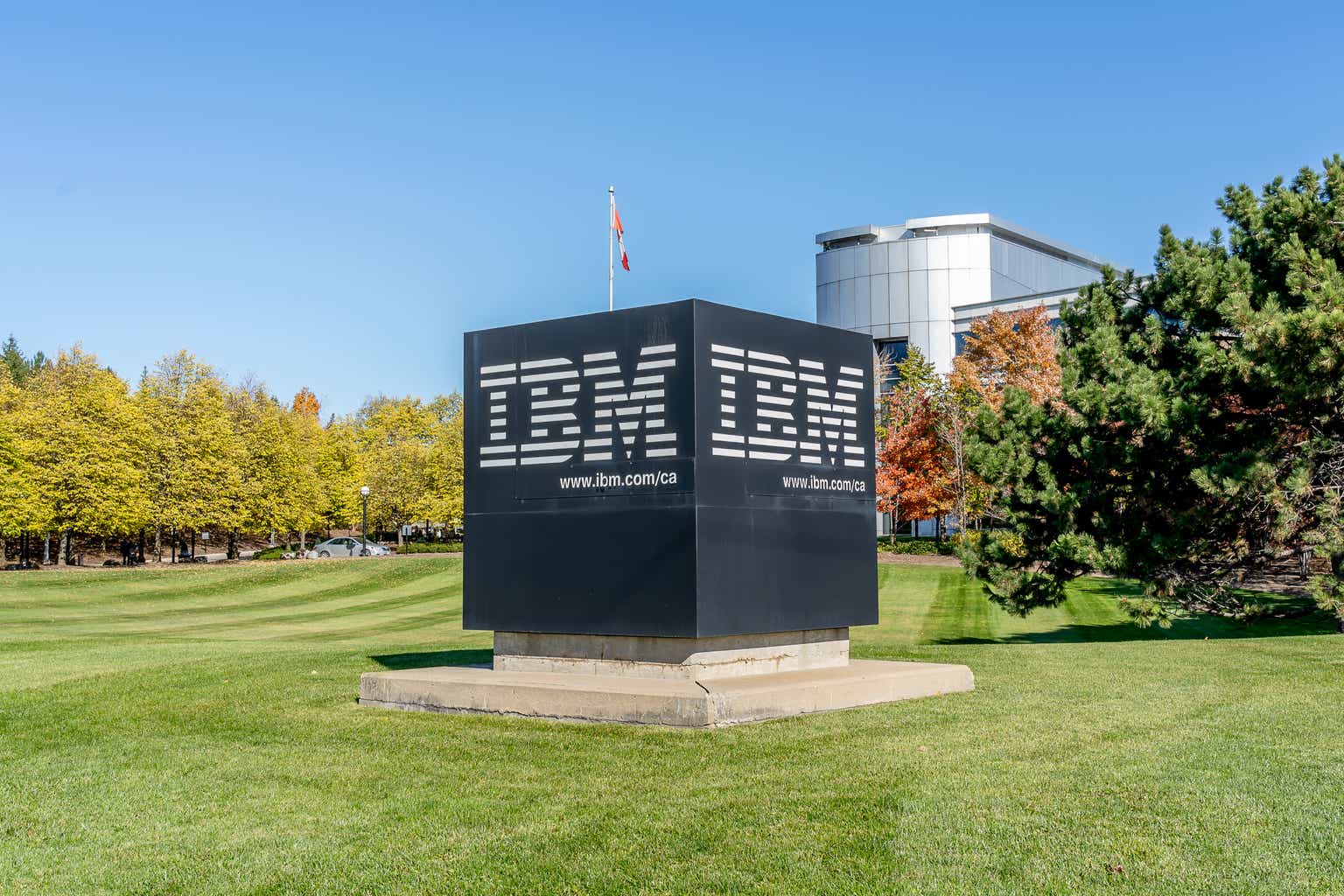
When times are scary, it helps to have a guide who knows the way forward. With a possible recession lurking, we reached out to someone who’s weathered multiple recessions.
Paul Achleitner is former chair of Deutsche Bank’s supervisory board, former CFO of financial services giant Allianz, and a former Goldman Sachs partner, and is now a newly minted author with his first book, Accelerate Your Experience, due out August 21.
To help calm possible CFO anxiety, CFO Brew asked Achleitner about the possibility of recession, how a recession now could differ from past ones, and how CFOs need to be prepared.
This interview has been edited for clarity and length.
I’ll just start with the biggie. Do you think we are on the precipice of a recession?
We all know recessions do come. The timing of them is always relatively uncertain…If everybody says no, then suddenly something happens. I think the risk that we currently have is the next recession will probably be triggered by a political act. We have an environment where regulatory activities, not just regulatory, but government interventions, are actually the rule rather than the exception. And I think some of those have the potential of triggering a recession. So I wouldn’t want to forecast when that happens, but I would say it’s definitely sure that it will.
What are some similarities between this moment and other pre-recession periods that you’ve experienced?
The similarity could be called what people have called in the past irrational exuberance. I think we are again in a situation where market exuberance exceeds the hardcore realities that we actually are experiencing in terms of hard facts and numbers.
What’s different is we are right now undergoing very deep and very significant structural changes globally, in terms of trade policies, in terms of supply chains, but also in terms of technological innovation and disruption. That is in itself already a huge challenge for business, but in a quote unquote “bullish” market environment, you can actually deal with that easier than in a recessionary environment. So the risk…is that those two are overlapping each other, and that could actually put people into quite severe tests.
What could be different about a new recession compared to others we’ve had in the past?
One is the significant technological disruption that we are currently seeing…The second thing that is going to be different is that we are in a world that’s no longer flat. We are in a world that’s fluid. We have governments that will focus on their domestic audiences and interests. And there is therefore a low likelihood that there will be joint, global, well-coordinated efforts that will deal with global economic issues, which we have had in the past and which have been rather beneficial.
And finally, what’s also different is the ubiquity of social media, which will put an enormous pressure on companies.
Is there something CFOs should be doing differently this time around to prepare?
I would argue, flexibility to react to very different kinds of circumstances. And flexibility to build that into your business model, be it supply chain issues; we’ve learned the criticality of not being reliant on just one or two suppliers during the Covid situation.
I think the question of how to continue to attract talent in a very difficult type of environment will continue to be a very important element that will distinguish those people who get through such a crisis in a better fashion than others.
Strategy is a lot about what not to do, rather than just what to do. And I think focus is something that becomes even more relevant in a recessionary environment, because you can’t afford all the niceties.
We also live in a world where everybody is looking for charismatic leadership, and confuses very often charisma with competence. So one of the jobs that CFOs actually have is to keep people under control and not fall for the seductiveness of narrators, and not just go for convincing stories, but look at facts.
This report was originally published by CFO Brew.














